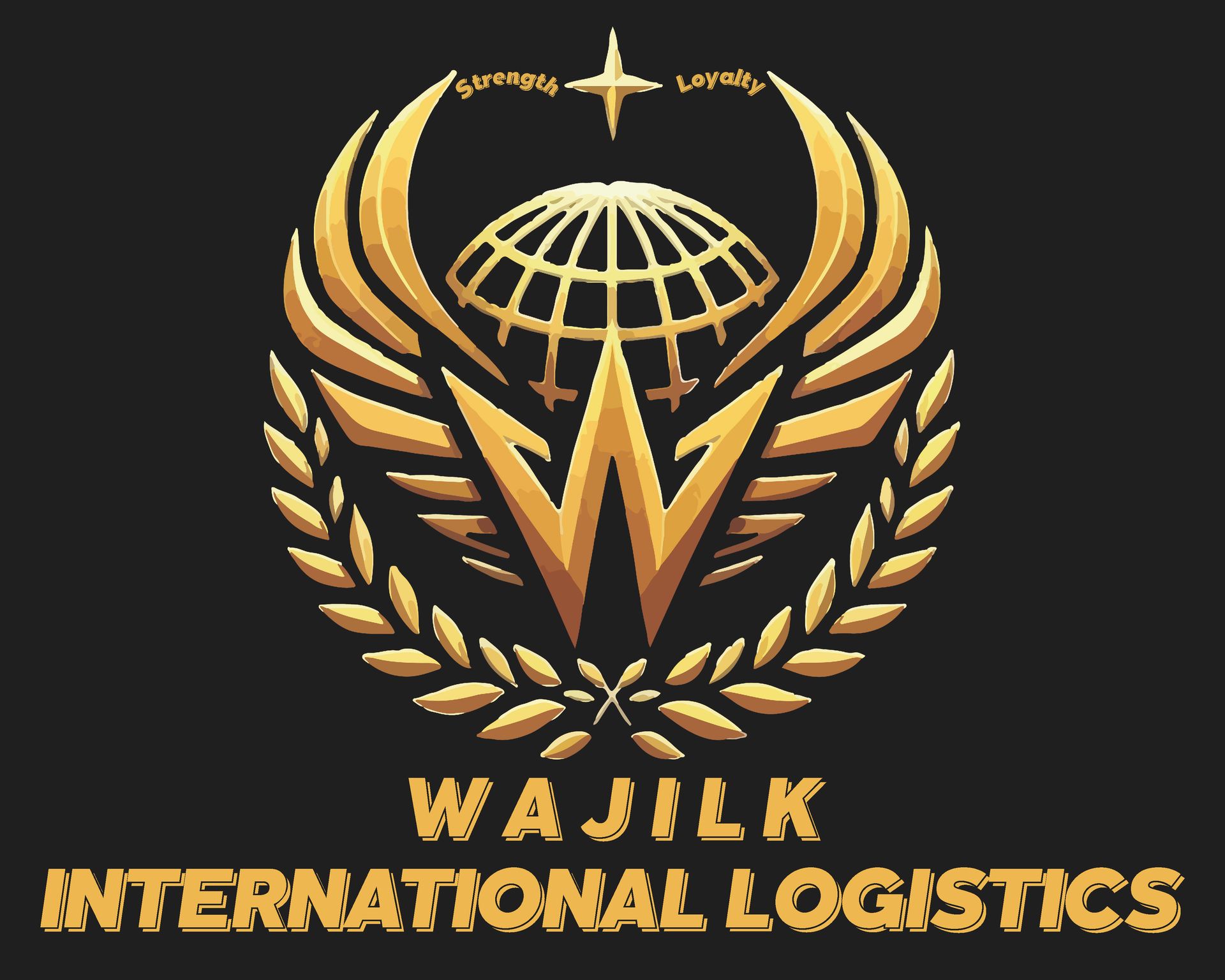Local Regulations for Vehicle Transport in Grand Junction
Understanding Vehicle Transport Regulations in Grand Junction
As a busy hub in Colorado, Grand Junction is a significant point for vehicle transport companies. Whether you're a local resident or a business owner, understanding the local regulations for vehicle transport can save you time, money, and potential legal issues. This guide will provide you with essential information on what you need to know about these regulations.

Licensing and Permits
In Grand Junction, anyone involved in vehicle transport must adhere to specific licensing and permit requirements. These regulations are designed to ensure safety and compliance with state and federal laws. Businesses must obtain a commercial driver's license (CDL) for drivers, and additional permits may be required depending on the size and type of vehicle being transported.
It's crucial to check with the Colorado Department of Transportation (CDOT) and the Federal Motor Carrier Safety Administration (FMCSA) to ensure that all necessary permits are in place before commencing any transport activities. Failing to do so could result in fines or other legal repercussions.
Weight and Size Restrictions
Grand Junction has specific weight and size restrictions for vehicles in transit. These regulations help maintain road safety and infrastructure integrity. For instance, vehicles that exceed certain weight limits may need special permits or may only be allowed to travel on designated routes.

The city enforces these restrictions strictly, so it's important for transport companies to weigh their vehicles accurately and be aware of the maximum allowable dimensions. Overloading can lead to penalties and increased wear and tear on roads, which is why compliance is non-negotiable.
Transporting Hazardous Materials
Transporting hazardous materials through Grand Junction requires adherence to stringent regulations. Companies must ensure that all drivers are trained and certified to handle such materials. Additionally, they must comply with both local and federal guidelines concerning the safe packaging, labeling, and documentation of hazardous goods.
Failure to comply with these regulations can have severe consequences, including hefty fines or even criminal charges. Therefore, it's imperative for businesses to stay informed about updates in both local and federal laws regarding hazardous material transport.

Local Traffic Laws
Adhering to local traffic laws is another critical aspect of vehicle transport in Grand Junction. Drivers must be familiar with speed limits, road signs, and any construction zones that could impact their route. The city has implemented several traffic-calming measures to ensure the safety of all road users, especially in high-traffic areas.
Moreover, there may be specific times when transport is restricted to avoid peak traffic hours or during special events. Staying updated on these local traffic laws can help in planning efficient routes and avoiding unnecessary delays.
The Role of Technology
Embracing technology can significantly aid in complying with vehicle transport regulations in Grand Junction. GPS tracking systems, electronic logging devices (ELDs), and route optimization software are invaluable tools for ensuring compliance with weight, size, and timing regulations.
These technologies can help streamline operations, enhance safety, and improve customer satisfaction by providing real-time updates on vehicle location and estimated arrival times. Businesses that invest in technology often find it easier to adhere to local regulations while improving overall efficiency.
